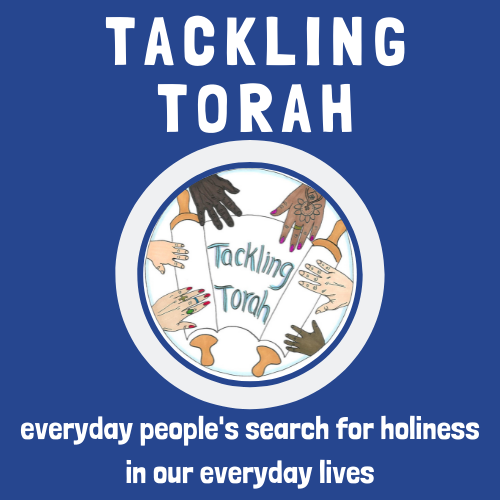
In our lives:
Sometimes we are hit close to home by sudden tragedies in our lives. Whether hearing of a sudden illness or a tragic death often we are left searching for answers to questions that are unexplainable. Tragedy is hard to comprehend, and sometime we simply do not have answers. We struggle with finding words to try to comfort the mourner. And truthfully there is nothing we can say to make the pain of such losses disappear. Think of a time when you learned of tragic news in your own life or in the life of someone you are close with. How did you react? Were you even able to respond?
Reflecting:
I recently learned of a college classmate of mine who was tragically killed along with her husband and mother-in-law this past summer in a head on collision. Their 4-month-old daughter survived the crash. This young woman was bright, and always bubbly. Right after college, she became a wife, and then a new mother. She was a beautiful soul on the inside and out. As I reflect on her death, it is hard to comprehend both because of how untimely it is, and because of her inherently good nature.
One of the reasons religion appeals to people is because sometimes as we search for answers we draw on stories found in religion for the ability to explain the unexplainable. While they may not offer explanations, these stories can show us examples of circumstances where we can learn about ourselves through understanding the struggles of our ancestors. We may seek these stories to provide cultural/ spiritual guidance for how to live a fulfilling life. The stories of Torah can provide a feeling of being linked to a larger past and current community as people look for a shared experience.
I learned a great deal from my friend Nabilah at Brandeis. She was a practicing Muslim, and her family was originally from
Nabilah searched for answers by seeking her own interpretations of the Qur’an. This week I turn to torah portion, Sh’mini to seek answers for myself to explain the loss of a beautiful, questioning soul.
From the source:
Sh’mini teaches of the power and ability of G-d for both good and evil. We see G-d instantly take the lives of Aaron’s sons Nadab and Abihu because they disobeyed him. Moses struggles with how to comfort his brother Aaron. These two deaths act as a lesson for the Jewish people to practice the laws set upon them by G-d. While Moses does not understand the extreme action that G-d took in taking these young lives he finds it challenging to elicit a response both as a leader and a brother in order to help Aaron. Aaron has no response for Moses's comforting words, as the text says, vayidom Aharon (and Aaron was silent).
In Judaism we use ritual practices to provide comfort to the bereaved. The hardest thing is to continue living after experiencing the sudden death of a loved one. The mourner is lost not knowing where to turn, what to say, how to act, and how to continue going about our daily lives. In Judaism, it is customary to sit Shiva for seven days of mourning after a death. Shiva is communal, and the mourners are cared for by their community. It is also customary to sit in silence until the mourner talks. This is because we cannot possibly offer any words that would explain the loss or pain one feels in mourning. Silence is the only sense we can make of tragic events. Sometimes there are no words of explanation, just a continual search for meaning. As we see in Sh’mini Aaron’s silence is profound. This reaction teaches us that silence is an appropriate response for traumatic events which we cannot find answers for. Our shock and silence speaks louder than words ever could.
Further reading: "When Bad Things Happen to Good People." By Rabbi Harold Kushner





